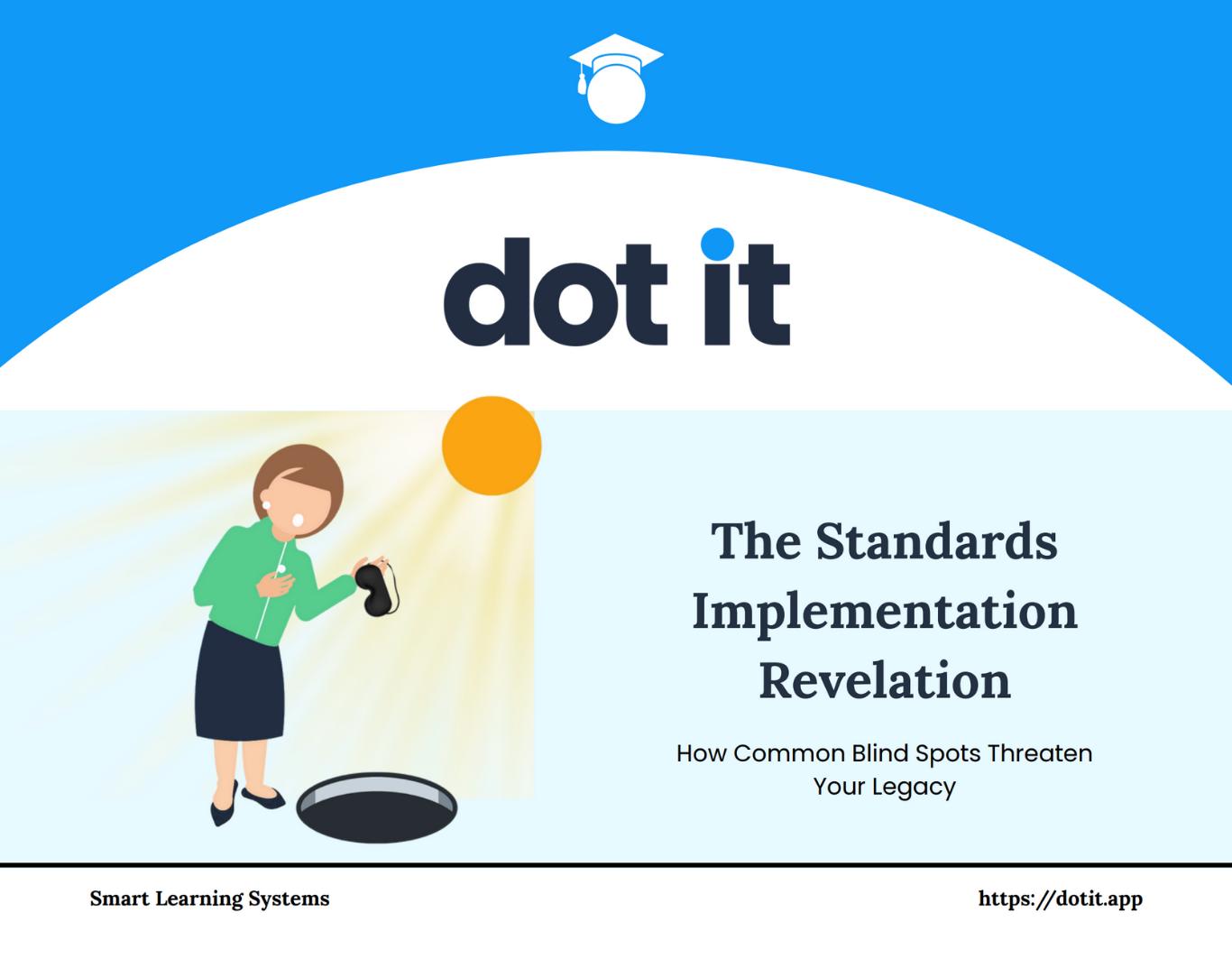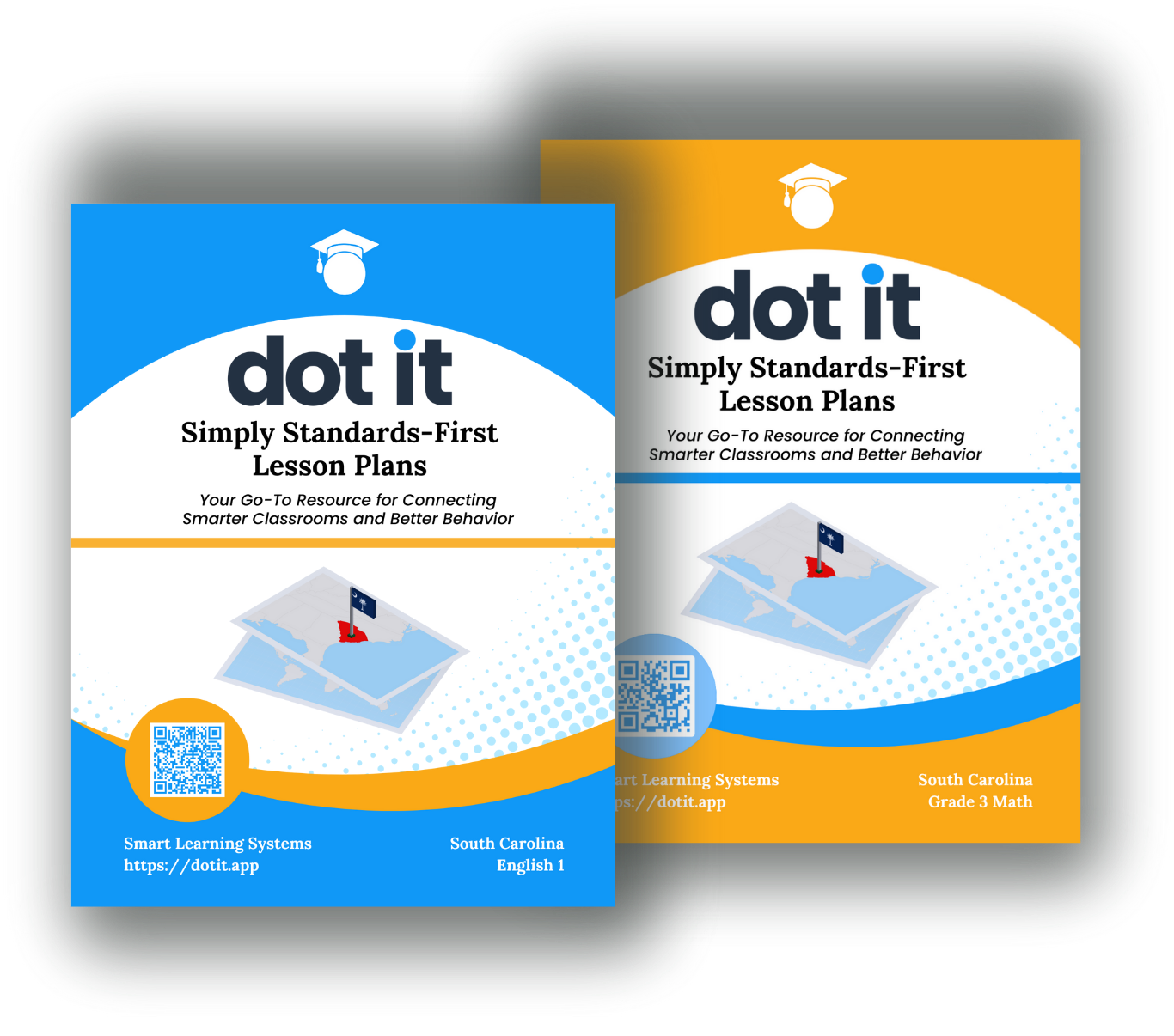“Before beginning a Hunt, it is wise to ask someone what you are looking for before you begin looking for it.”—Winnie the Pooh
Years ago I taught a young boy with autism. I will never forget him because he helped me remember my ultimate why. On the first day of kindergarten, he arrived with his pockets full of miniature figures of Winnie the Pooh, Rabbit, Owl, Eeyore, and Piglet. He would occasionally take them all out of his pocket to check on them. He would line them up and stare intently at them as if they were speaking to him. He received great comfort from Winnie the Pooh and all his friends.
Unfortunately, that comfort could be quickly forgotten when he lost one of them. Many days I had to search for these tiny figures. My searches led me to the playground, the cafeteria, under desks and chairs, and in garbage cans. Thankfully, my searches were always successful. The unusual thing was that he never lost Winnie the Pooh. He lost all of Winnie the Pooh’s friends at one time or another but never Winnie the Pooh. I guess because Winnie the Pooh was his most treasured possession.
With everything going on right now, I wonder why I was suddenly thinking about a little boy and Winnie the Pooh. I believe it has to do with what you and I decide to hold onto to bring us comfort. What is that one idea, practice, thought, or conviction that you hold close during these challenging times?
Educational and psychological researchers have studied this question. For example, Noel Tichy and Simon Sinek conducted studies and concluded some interesting results when you understand your why.
What is the power of a Teachable Point of View?
According to Noel Tichy, a noted professor of organizational behavior and author of The Leadership Engine: Building Leaders at Every Level, effective leaders spend time thinking about their ideas, practices, and convictions which they want to stand behind. They have what Tichy calls a clear “Teachable Point of View” (TPOV). They can clearly and concisely articulate what their ideas and values are with words and actions.
“Great leaders are great teachers not only because they know what they think, but because they take the time to organize their thoughts in ways so that they can communicate them clearly.” – Noel Tichy.
A Teachable Point of View (TPOV) has the following components:
- Ideas — your thoughts about how to accomplish your goals
- Values — guiding principles that create an anchor for you
- Emotional Energy — your inner strength that is used to accomplish your goals
- Edge — the courage you need to stick to your convictions
Those leaders with a TPOV never waiver when change happens. They know where they stand and because of that, they can make decisions to manage any events. They know their ultimate why which leads to their success.
What is the Ultimate Why of the Golden Circle?
Similarly, Simon Sinek, leadership expert and author of Start With Why: How Great Leaders Inspire Everyone to Take Action states that every person operates on 3 levels: what we do, how we do it, and why we do it. Sinek developed the Golden Circle Framework which challenges leaders to start by answering the question, “Why we do it?”
In his research, Sinek discovered that only a handful of people could articulate “why we do what we do.” When you can answer the WHY you are filled with energy and passion for your work. Sinek states that “ the WHY is the purpose, cause, or belief that drives every organization and every person’s career.” His Golden Circle framework explains why certain people succeed and inspire others under any circumstances when others do not.
What is that one special idea, practice, thought, or conviction that you are thinking about now? Educational leaders may be saying the following:
- “I will make sure that my students feel successful every day.”
- “Teaching the standards to everyone is non-negotiable.”
- “Every interaction with staff and students will be positive.”
Take a moment to reflect on what is important to you. According to Michael Jr. “when you know your ‘why’ then your ‘what’ has more impact, because you’re working towards your purpose.”
Is it to show more empathy for your students? What is the ultimate secret of your Winnie the Pooh that will give you comfort no matter what? Can you see that in what you do and say every day? Whatever your WHY, I wish you only success. As Winnie the Pooh says,
“You’re braver than you believe, stronger than you seem, and
smarter than you think.”






